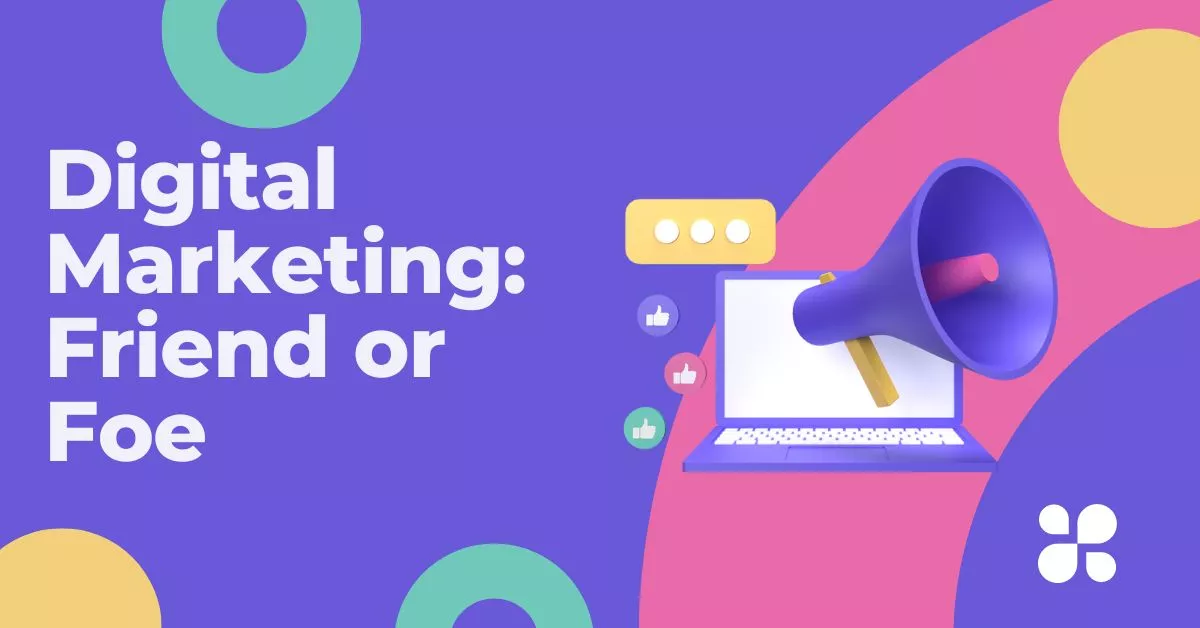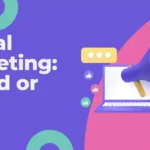In the ever-evolving landscape of digital marketing, a question has emerged that challenges the integrity of the field: Has digital marketing simply become a game of smoke and mirrors?
This question probes the depth of authenticity and value in the strategies employed by businesses in the digital realm. As we delve into this inquiry, it’s essential to explore the aspects that have led to such skepticism and understand how digital marketing can reclaim its position as a genuine and effective tool for connecting with audiences.
The Evolution of Digital Marketing
Digital marketing began as a revolutionary way for businesses to reach broader audiences more efficiently than traditional marketing could ever allow. Its promise was to deliver targeted messages, enabling businesses to speak directly to the needs and interests of their consumers. However, as the digital space became more saturated and competitive, some practices started to raise eyebrows.

The Critique: Manipulation Over Connection
The critique that digital marketing has turned into a spectacle of deception primarily revolves around the over-reliance on data manipulation, targeting algorithms, and tactics perceived as invasive or unethical. The chase for clicks and conversions has, in some cases, led to strategies that prioritize short-term gains over building genuine customer relationships.
Clickbait headlines, misleading content, and aggressive retargeting are among the tactics that have contributed to a sense of mistrust among consumers.
Transparency and Authenticity: The Path Forward
Despite these challenges, the core of digital marketing remains powerful and valuable. The key to dispelling the notion of smoke and mirrors lies in returning to the principles of transparency and authenticity. Brands that focus on delivering honest, useful content and engaging with their audience in meaningful ways tend to build lasting relationships and trust.
This approach not only enhances brand reputation but also drives sustainable growth.
Leveraging Technology Ethically
The advancement of technology in digital marketing, such as AI and machine learning, offers incredible opportunities for personalization and efficiency. The ethical use of these technologies is paramount. By leveraging data responsibly and prioritizing user privacy, businesses can use these tools to enhance customer experiences rather than exploit them.
The Role of Consumer Awareness
As consumers become more digitally savvy, they also grow more discerning about the content they engage with and the brands they trust. This heightened awareness places pressure on businesses to conduct their digital marketing efforts ethically and transparently. Companies that meet these expectations can differentiate themselves in a crowded marketplace.

Conclusion
Digital marketing, at its best, is a powerful means of storytelling, connection, and value exchange between businesses and their customers. While certain practices have cast a shadow over the field, the essence of digital marketing as a force for genuine engagement remains intact.
By embracing transparency, ethical practices, and authentic communication, businesses can dispel the notion that digital marketing is merely a game of smoke and mirrors. Instead, they can leverage digital marketing as a tool to foster meaningful relationships, build trust, and drive meaningful outcomes in the digital age.










